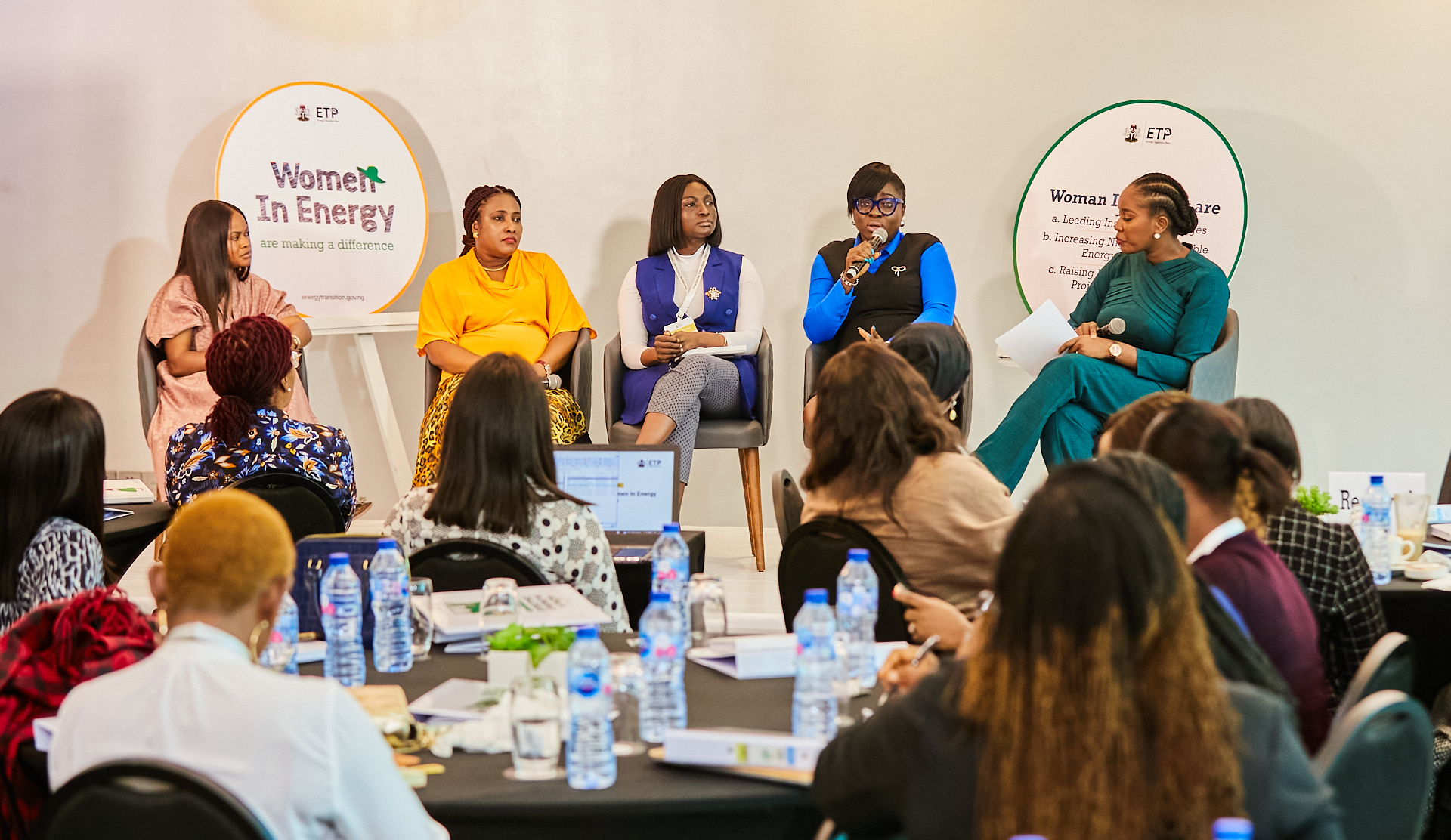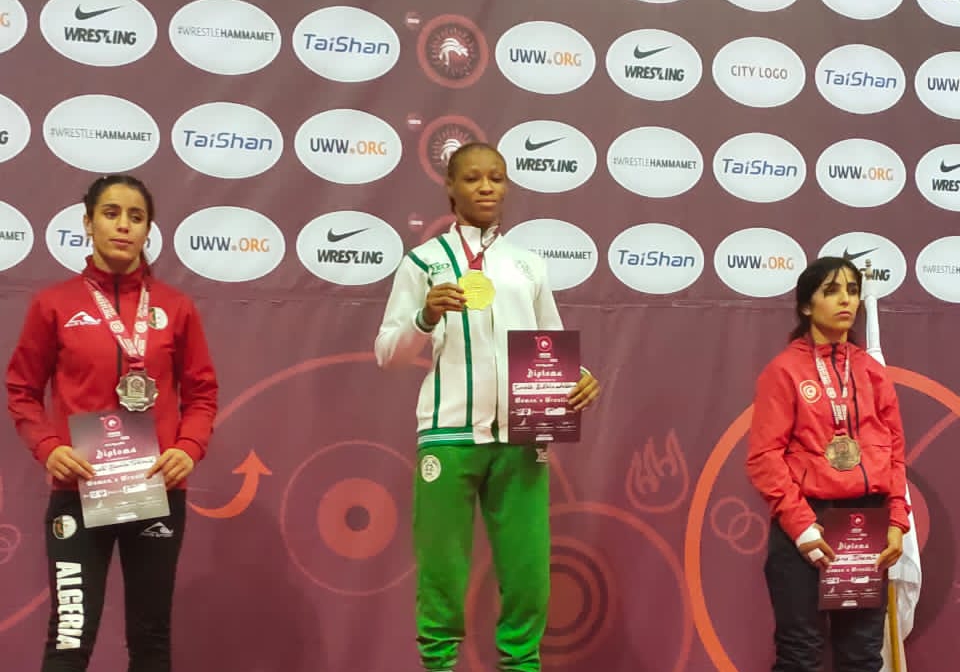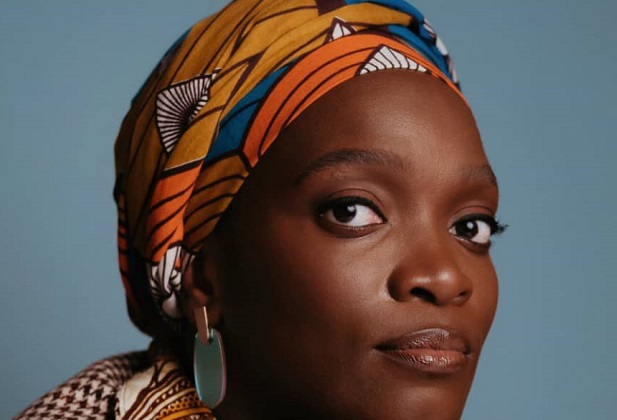Stakeholders have called for accelerated inclusion of women in the energy transition plan (ETP).
They made the call at the ‘ETP-Women in Energy Dialogue’ held on Thursday in Lagos.
At the launch of the ETP in August 2022, Vice-President Yemi Osinbajo said the plan is capital intensive and will require $410 billion in spending by 2060, which translates to about $10 billion per year.
Lolade Abiola, co-lead at Nigeria Energy Transition Office, said the requisite funding is a significant heavy lift that requires the participation of the entire value chain of the power sector — including women.
Advertisement
“We need to get everybody on board to see how we can vault towards building a pipeline investable project to be able to attract that climate finance that we know is available out there towards clean energy and clean technology solutions,” she said.
She said clean cooking is a huge part of the ETP, adding that there is a huge potential in the sector.
“There is a lot going on in East Africa and there is a lot going on in other parts of Africa. And it is important for Nigeria as we are front runners and we always take the lead on things, to really focus on how we ensure that we stop women from using firewood,” Abiola said.
Advertisement
Speaking about the downstream energy sector, Habibat Abubakar, general manager, channels, Ardova, said the retail aspect of the liquefied petroleum gas (LPG) value chain is the most expensive.
“Having worked in LPG almost all my life I mean downstream energy sector (LPG specifically), I will tell you that if you ask anybody trained in LPG today what their biggest problem is, it is the retail aspect. The retail aspect of LPG is the most difficult and the most expensive part of LPG,” she said.
On her part, Nana Maidugu, head of sustainability and environmental, social, and governance (ESG), National Sovereign Investment Authority (NSIA), called for the cultural reorientation on restrictive career paths for women.
“What I would say, in addition to what everyone else has said, beyond, you know, the financing opportunities that are available, and all of that, I think is a key thing that needs to be addressed. — whether it’s women in energy or women in any space — having women participation, generally in you know, the economy,” she said.
Advertisement
“I think the key thing is cultural reorientation and taking this out of the corporate world to see the everyday world. I think there’s a serious need for cultural reorientation.
“I studied engineering in university, and there were only three girls in my class. And there were five or six engineering courses, and we had some similar courses together. So it wasn’t just my engineering. It was all the other beats engineering but then it goes back to cultural orientation because a lot of times, there is this belief that women are supposed to follow a certain career path.”
Add a comment






